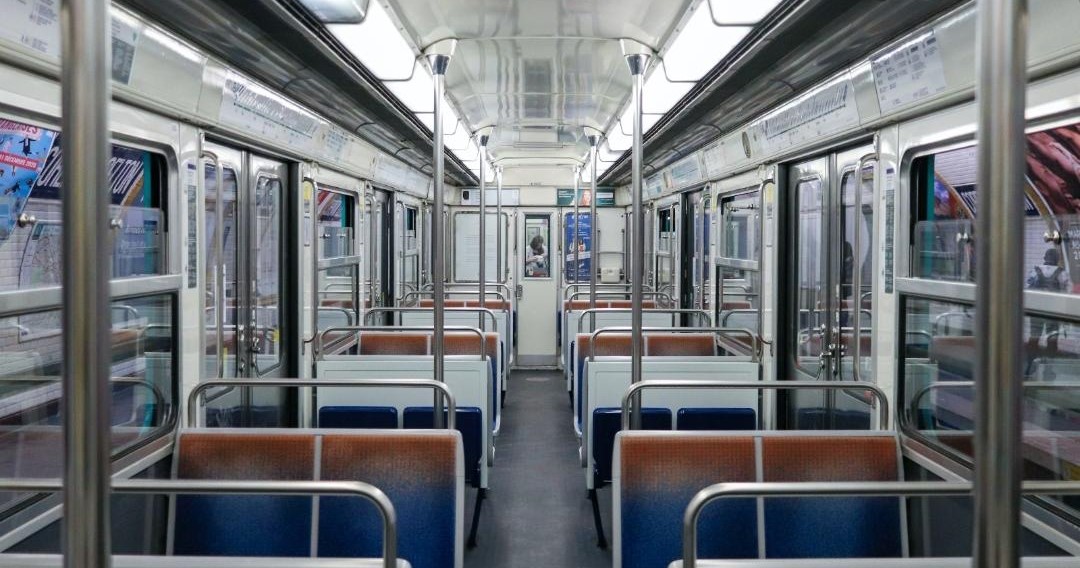
Image source: Photograph by Rosivan Morais
Central to immigrants' social inclusion agenda is building inclusive cities and mobility systems where immigrants are involved in the planning process.
There is an emerging consensus in migration studies about the role that immigrant settlement processes and multicultural policies play in social inclusion. Arguably, countries with more immigrant focused inclusion policies have more benefits to immigrants. Central to immigrants’ social inclusion agenda is building inclusive cities and mobility systems where immigrants are involved in the planning process. There is a paucity of research on how the structure of mobility systems in smaller Canadian cities may impact immigrants’ integration to build inclusive cities for immigrants. This research approaches this gap from the perspective of transit experiences in Canadian cities, focusing on smaller, non-traditional immigrant destinations. Particularly because many immigrants now prefer small and medium-sized cities as their destination of choice where they feel more welcomed than large Canadian cities. These patterns underscore the assumptions that immigrants are likely to thrive better where they know their views are recognized and have a far-reaching impact on policy and where mobility is not burdensome. I posit that an inclusion-focused transit policy will have far-reaching impacts on immigrants’ integration into Atlantic Canadian cities. This research will explore existing transit policy frameworks in transit-focused policies, and their current inclusion of immigrant needs and barriers.